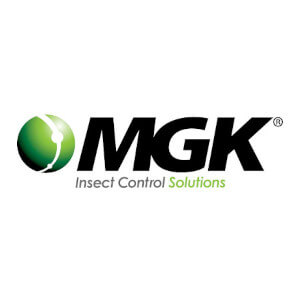For nearly 50 years, MGK and the Pyrethrum Company of Tanzania (PCT) have enjoyed a satisfying supplier/customer relationship in pyrethrum supply, but it wasn’t until PCT approached MGK about being more than a customer that an incredible partnership was born. In 2006, MGK became the majority owner in PCT.
And with that partnership came some big promises:
- PCT assured farmers that they would purchase all the pyrethrum flowers that could be grown.
- MGK promised to supply materials, research, and training to rebuild the industry.
It was no small task, but the partners wasted no time. They began rebuilding trust with local farmers by supporting their livelihoods. Prices for maize, potatoes, and beans can fluctuate wildly, and farmers never knew if they would profit, so PCT guaranteed the price of pyrethrum in advance as an incentive to grow it.
Over time, a sustainable industry emerged that consists of thousands of small organic family farms that harvest pyrethrum flowers 10 months out of the year. Thanks to PCT’s continued annual investments in smallholder farmer inputs (seeds & seedlings) and extension services, pyrethrum is now the most profitable crop in the Tanzanian highlands.
But the partnership doesn’t stop there. Through regular significant investments in research and development, PCT is constantly innovating to find better seedstocks, organic pest control methods, and fertilizers.
As payments to farmers increased, the need for a better way to manage the money arose. PCT created programs to educate farmers on general financial management and mobile banking.
The need for educated workers has grown too. While villages have schools, they often lack basic supplies. PCT has made significant investments into local schools and started a corporate responsibility effort to stock schools and help improve literacy rates and educate the local communities.
The Pyrethrum Company of Tanzania is a shining example of how businesses and communities can work together to achieve social and environmental sustainability.

